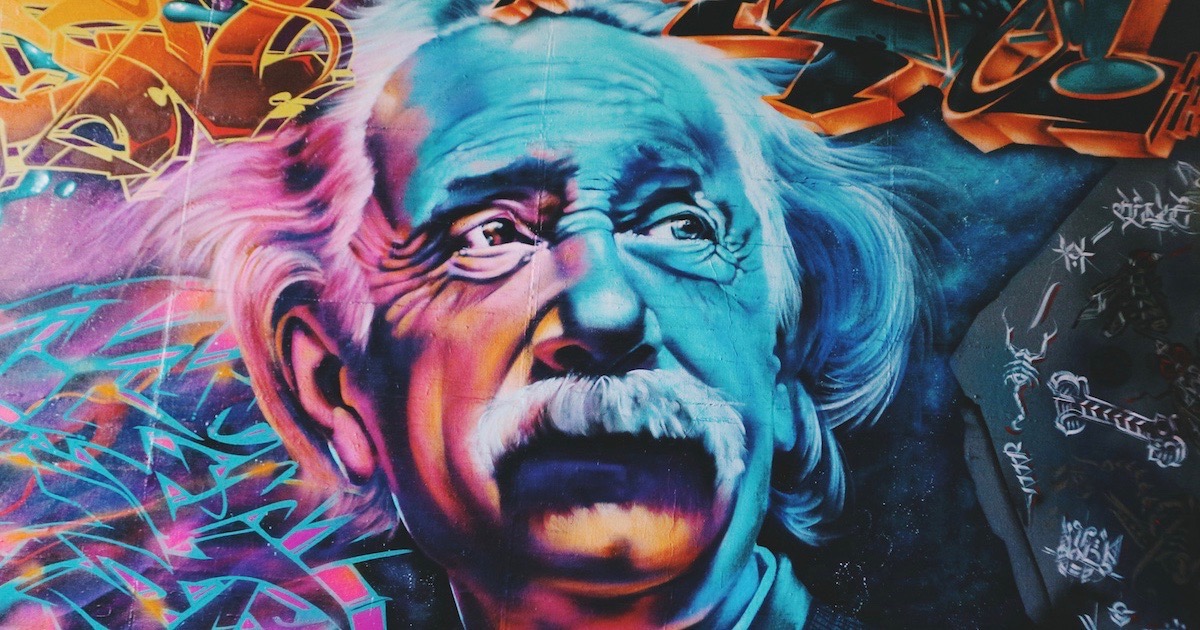 Free Speech
Free Speech
New Website Advocates Free Science — An Idea Vital to the Progress of Knowledge


Today, we launch a new site calling for freedom in science. The liberty to challenge ideas, in science and other fields, is a precondition to the advance of the theory of intelligent design. It is also a litmus test for the culture itself: In defense of orthodoxy, do we suppress dissent? If so, what cost will be paid by science?
At the newly launched Free Science, you can learn about public opinion on academic freedom, and read accounts of those who have been caught in the crosshairs over their dissent from Darwinian evolution. Also, find out about legislative efforts, and how you can get involved in defending free science!
Recently, New York Times columnist Bret Stephens gave a lecture at the University of Michigan on free speech. Here is his takeaway:
The answer to a politics of right-wing illiberalism is not a politics of left-wing illiberalism. It is a politics of liberalism, period.
This is politics that believes in the virtues of openness, reason, toleration, dissent, second-guessing, respectful but robust debate, individual conscience and dignity, a sense of decency and also a sense of humor. In a word, Enlightenment. It’s a capacious politics, with plenty of room for the editorials of, say, The New York Times and those of The Wall Street Journal. And it is an uncomfortable politics, because it requires that each side recognize the rights and legitimacy, and perhaps even the value, of the other. [Emphasis added.]
This is a fine sentiment as long as allowable ideas are not limited to the space separating establishment institutions like the New York Times and Wall Street Journal. The progress of intelligent design is an illustration of a rebel idea that has made its way in defiance of the establishment, often paying the price for arguing in favor of “uncomfortable science.”
As the case of ID demonstrates, values of free thought and critical inquiry are under siege precisely in the place where they should be most valued and protected — the scientific community.
Most should agree that people should not suffer professional harm because of personal views – especially those in the university.
But that’s not what happens when it comes to evolution dissent.
Biologist Scott Minnich at the University of Idaho faced down threatened reprisals for expressing personal views outside his university environment — testifying at the Kitzmiller v. Dover trial in favor of intelligent design. He noted:
As soon as it was publicized that I was going to testify, there were people in my university — I don’t know who they were — but they went to the president, [and] complained,” he said. “They went to the University of Washington, where I had affiliate status… trying to get me fired — saying I was incompetent if I believed in this stuff.
Or think of astronomer Martin Gaskell, denied employment at the University of Kentucky thanks to a talk on evolution and faith he gave in private settings and that he posted online. A hiring committee member found the talk and became alarmed that he was a “creationist.” Despite Gaskell’s evenhanded approach and his statement in the talk that he considered himself a theistic evolutionist, the committee, due to his presumed taint, would not consider him. Even a whiff of dissent from evolution was too much.
I think that most would also agree that dissenting people who show evidence of being responsible, contributing members of society should generally be given the benefit of the doubt. They should not be treated as threats.
But what is the situation when someone mentions the words “intelligent design”?
Think of biologist Richard Sternberg, then at the Smithsonian Institution’s National Museum of Natural History, who suffered a major backlash after publishing a peer-reviewed paper by Stephen Meyer favorable to intelligent design paper in the journal that Dr. Sternberg edited, The Proceedings of the Biological Society of Washington (PBSW). He did not embrace intelligent design at the time, and explained his editorial decision to NPR: “Why publish it? Because evolutionary biologists are thinking about this. So I thought that by putting this on the table, there could be some reasoned discourse. That’s what I thought, and I was dead wrong.” Yet for offering aid and comfort to ID, the Smithsonian (a separate entity from PBSW) locked him out of his office, took his specimens away, and demoted him.
Scientific controversy over evolution exists, quite apart from proponents of intelligent design. Think of the researchers associated with the Third Way of Evolution and the 2016 Royal Society Conference and its subsequently published journal. Problems with conventional scientific explanations for the origin of life and of biological diversity are widely acknowledged — and scientists around the world tackle these issues. Why should scientists who think DNA code is a product of design, just like computer code, face discrimination and career repercussions? Couldn’t knowledge be gained by exploring these ideas?
In calling to “Free Science,” we issue an invitation to scientific inquiry. So today we want to introduce you to some nerdy scientists, hardworking teachers and professors, and enterprising students. Here’s a chance to sit in and hear their stories.
“I loathe careerism and the herd mentality,” Richard Sternberg told the Washington Post. “I really think that objective truth can be discovered and that popular opinion and consensus thinking does more to obscure than to reveal.”
Exactly. Freedom is necessary for scientists open to the thesis of intelligent design to make the case for the theory. But this is also what is necessary for scientific advancement more generally. So let’s encourage dissent and embrace an authentically liberal approach.
